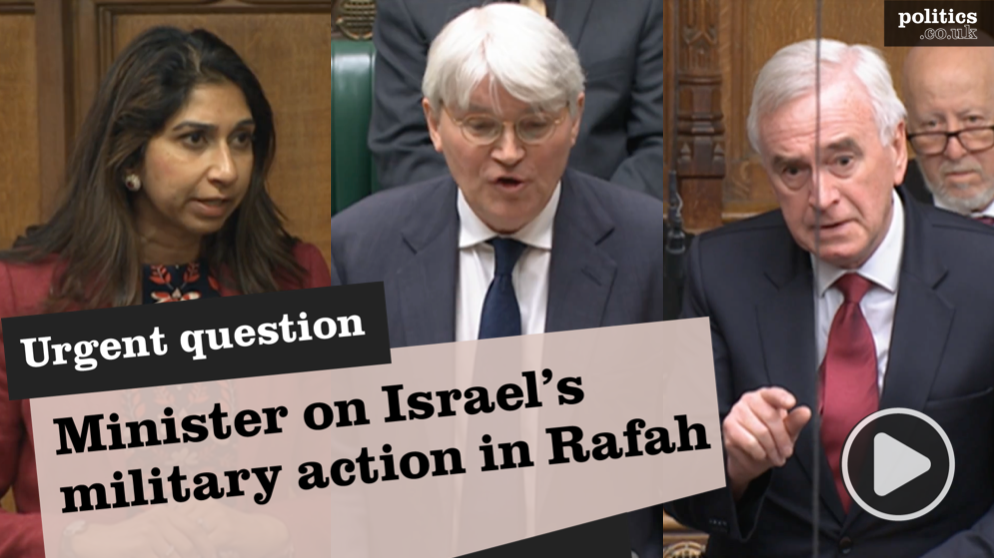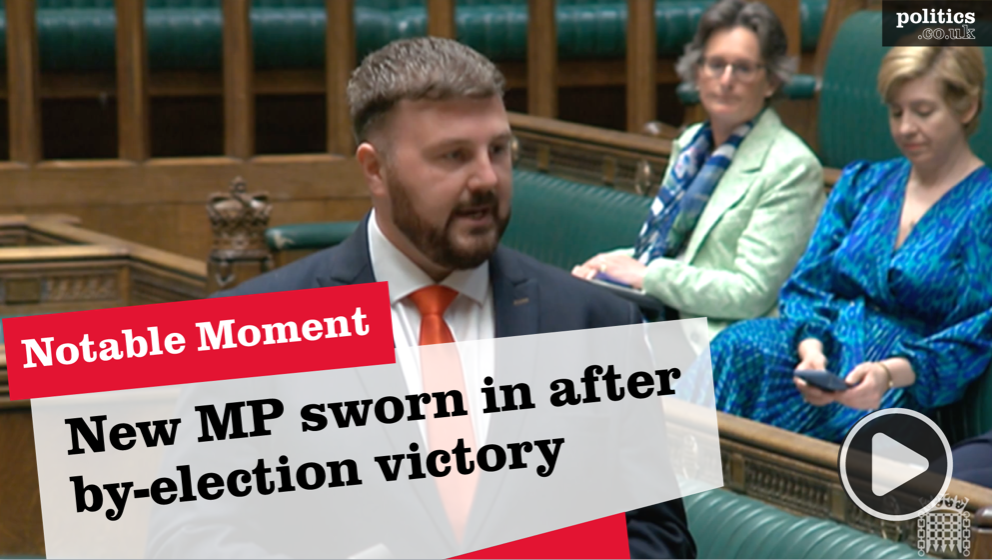Colston four ruling ‘does not set a precedent’ claims Rees-Mogg
Jacob Rees-Mogg has claimed the decision to acquit four Black Lives Matter activists who admitted to toppling a statue of Edward Colston “does not set a precedent”.
The protestors, nicknamed “the Colston Four” walked free yesterday after a jury decided they had not acted criminally by rolling the statue into a harbour in June 2020.
The jury system is the “greatest protector of our liberties” the North Somerset MP told the Commons this morning.
Conservative MP Philip Hollobone had requested Mr Rees-Mogg comment on the topic, after arguing that the removal of statues ought to be “determined by lawful means and not mob rule”.
“If the Government doesn’t make this clear, those monuments that some people don’t like, as a result of the recent court case in Bristol, are now at greater risk of defacement, destruction or removal,” he went on.
Mr Rees-Mogg responded: “I don’t think the result in Bristol does do that, because the decision does not set a precedent. It was a case decided by a jury on the facts before them. I shall not be drawing a moustache on the statue of Oliver Cromwell, much as I’m opposed to regicides in general.
“I think we should recognise our history even when those figures in our history are not necessarily ones that we admire, that our island story is a complex one, and there are varieties in all people of their good intentions and their less pure intentions.
“I think he is right that we should protect monuments, right that they should only be removed by a due process but one of our greatest monuments is the jury system which is the greatest sublime protector of our liberties.”










